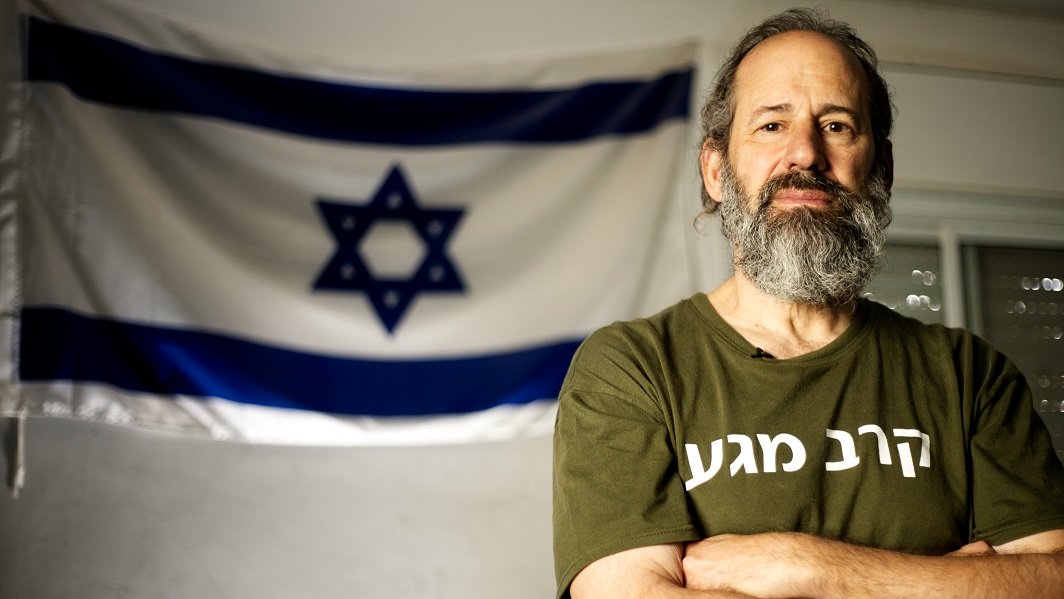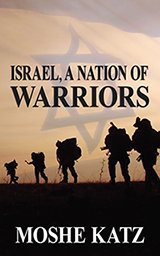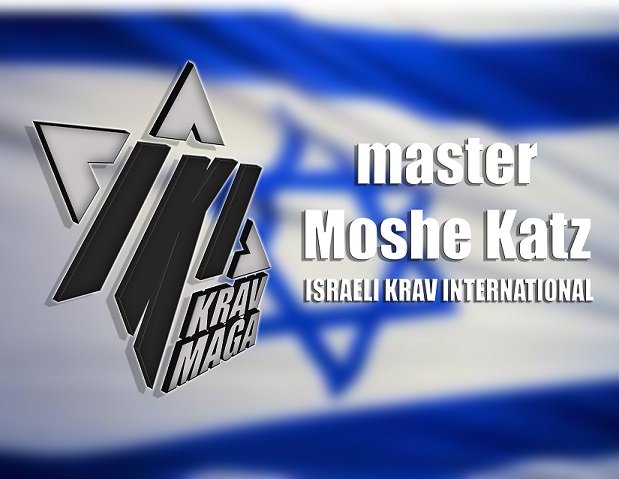- Home
- Krav Maga Blog
- Krav Instructors
- Train in Israel
- Tour Train Israel
- Krav Shop
- DVD
- Kickboxing
- IKI Near Me
- Seminars
- IKI Membership
- On-Line Training
- Krav Maga Training
- Testimonials
- History Krav Maga
- Instructors Page
- Past Blogs
- Spanish
- Italian
- Certification
- Contact
- Holland Seminar
- Vienna Seminar
- Poland Seminar
- Italy Seminar
- Belt Requirements
Roots Struggles
BY MOSHE KATZ
CEO
ISRAELI KRAV INTERNATIONAL
February 13, 2023, Woodmere NY, USA
I am told there was a major storm here recently. The local residents noticed an interesting phenomenon. There were trees that were totally uprooted, the winds pulled them out of the ground, they were now dead. Not 15 feet away from these trees were other trees, the same family of trees, only these stood strong, the powerful winds of the storm had no effect on them. They stood tall, they continued to live.
The people were confused, and intrigued; why had some trees survived while others, so close nearby, succumbed to the storm?
Upon further research it was found that the trees which had been uprooted by the storm had a ready underground supply of water very close by. Their food, their nourishment was readily available, and they grew tall and strong, but their roots were weak. As the nourishment was nearby the roots did not have to work hard to find their sustenance. When the storm came the weak and shallow roots were not deep enough or strong enough to maintain the grounding of the tree. The strong winds uprooted the trees and they died.
The trees that survived the storm, on the other hand, did not have water nearby. As such the roots had to go deeper in search of water and nutrients. The roots became strong and were deeply rooted in the ground. The strong winds came but the deep roots kept the trees grounded. The trees survived the storm.
The rabbi expounded these thoughts, and the lesson is clear: in the modern world people are always looking for the easiest solution, the path of least resistance. In many ways this is positive. After all, it is better to throw your laundry into a machine, press a button and come back an hour later to find clean clothing rather than carry your laundry to the river and spend hours bent over a washboard cleaning your clothing by hand.
However, in many other aspects of life the easy solution does not prepare us properly for the storms that life may bring. Those who struggle, those whose "water and nourishment" are not found easily nearby, must work harder, go deeper and ultimately will develop stronger roots. The struggle makes us stronger and more resilient.
In Krav Maga we must train hard, on the basics, on the foundations and fundamentals. Never say you know it well enough, never neglect reviewing and training in the foundations. Never be in a hurry to do the fun stuff, the complicated stuff. The more time you spend on the basics, the easier the complicated stuff will be.
Develop strong roots and you will survive the storm.

Moshe Katz, 7th dan Black Belt, Israeli Krav Maga. Certified by Wingate Institute. Member Black Belt hall of fame, USA and Europe.
Understand the Israeli Fighting Mentality - Israel a Nation of Warriors by Moshe Katz

What is the cultural background of Krav Maga? What makes it unique? What makes the Israeli military so effective? Why are Israeli security systems used all over the world?
What are the Biblical origins of Krav Maga and who was the first Krav Maga instructor?
What weapons and military strategies did our Biblical ancestors use?
How has Krav Maga developed in Israel and what are its goals?
All that and more in this unique book.
Start Your REAL Training TODAY
Or is someone coming to save you?
IKI Krav Maga online distance training - Leading to ranks and certification.
Tour and Train Israel Experience
Personal Training - If you are interested in personal Krav Maga training please contact us on the form below.
